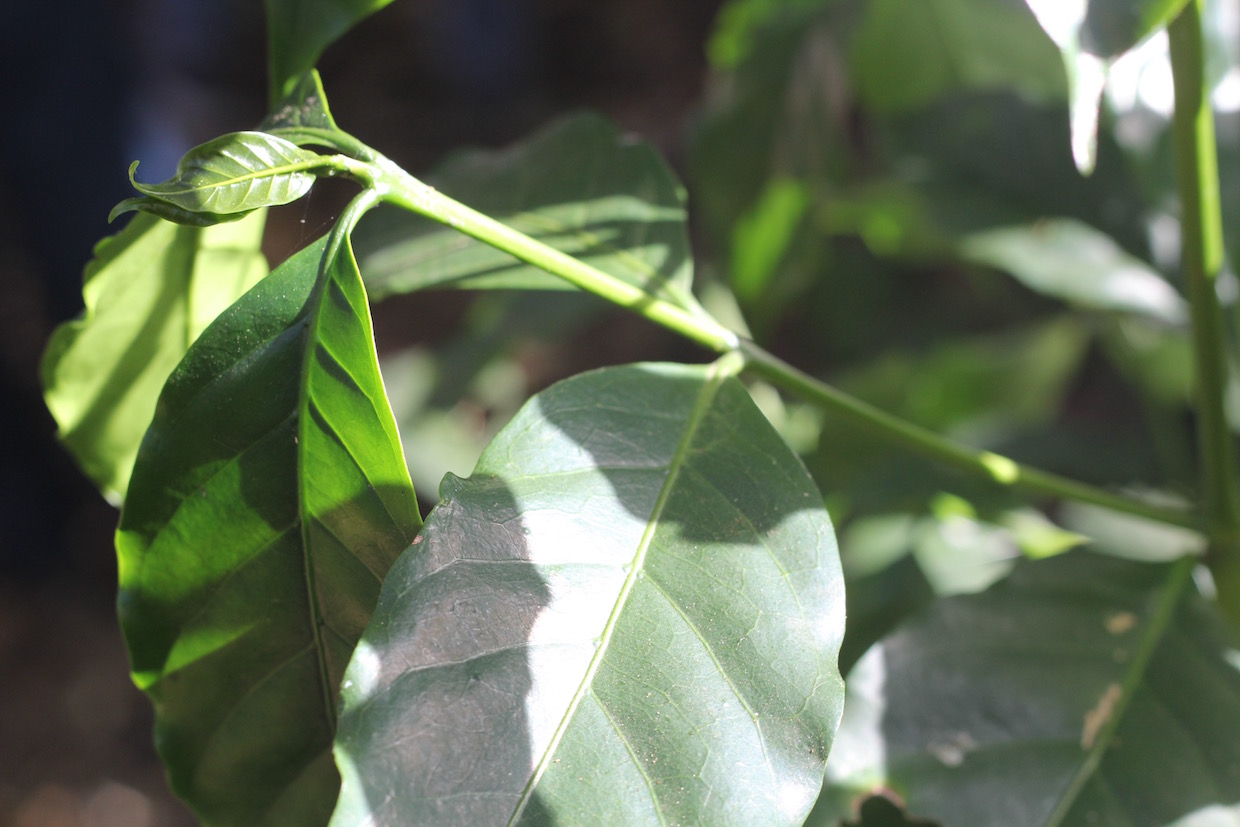The COVID-19 pandemic is exacerbating a range of existing issues facing smallholder coffee farmers in some of the world’s most revered and productive coffee-producing countries, according to a recent survey by the nonprofit Hanns R. Neumann Stiftung (HRNS).
Persistent and historically low global coffee prices are understandably at the top of the list of concerns among the smallholder farmers represented in 380 survey interviews conducted by HRNS in early June.
The survey measured responses from coffee growers in Indonesia, Ethiopia, Uganda, Tanzania, Brazil, Guatemala and Honduras, with more than 70 percent of respondents saying the pandemic has already had a negative impact on household income.
The survey results echo other recent surveys — including one in Mesoamerica, one in South America, and one throughout the coffee-growing world — in many ways, but one clear constant is the ongoing global price crisis. As of this writing, the ICE futures price for December arabica contracts (a.k.a. the “C price”) was a paltry $1.1554 per pound.
Sixty eight percent (68%) of respondents in the HRNS survey identified price as an existing problem for their families, while 64% said prices are also their greatest family concern given the ongoing pandemic.
While bad weather/climate (31%), cost of living (31%) and poverty (30%) were identified as the next most common current conditions, the greatest fears moving forward outside of prices were community health (42%), availability of labor (39%), and market access (38%).
The survey also found that nearly half of all farmers have already been forced to change their farm management plans due to COVID-19, with the biggest problems being a lack of access to farm labor (64%) and lack of access to farm inputs (62%).
“The situation triggered by the Coronavirus pandemic for smallholder families in coffee regions needs an urgent response,” HRNS wrote in a brief analysis of the results. “The survey shows that COVID-19 will have a long-term impact on the livelihood of smallholder families. Upcoming crop cycles will be affected as much as families’ cashflow and food security. The effects of climate change might be felt stronger as mitigation measures cannot be implemented due to higher input prices under COVID-19. Farmer families face higher production costs at a prospect of lower revenues.”
Nick Brown
Nick Brown is the editor of Daily Coffee News by Roast Magazine.
Comment
1 Comment
Comments are closed.







“Mayores costos de producción , ante una perspectiva de menores ingresos””. Aquí es donde reside la verdadera razón de la crisi en el sector agrícola en general. Lo demas es demagogia.!!